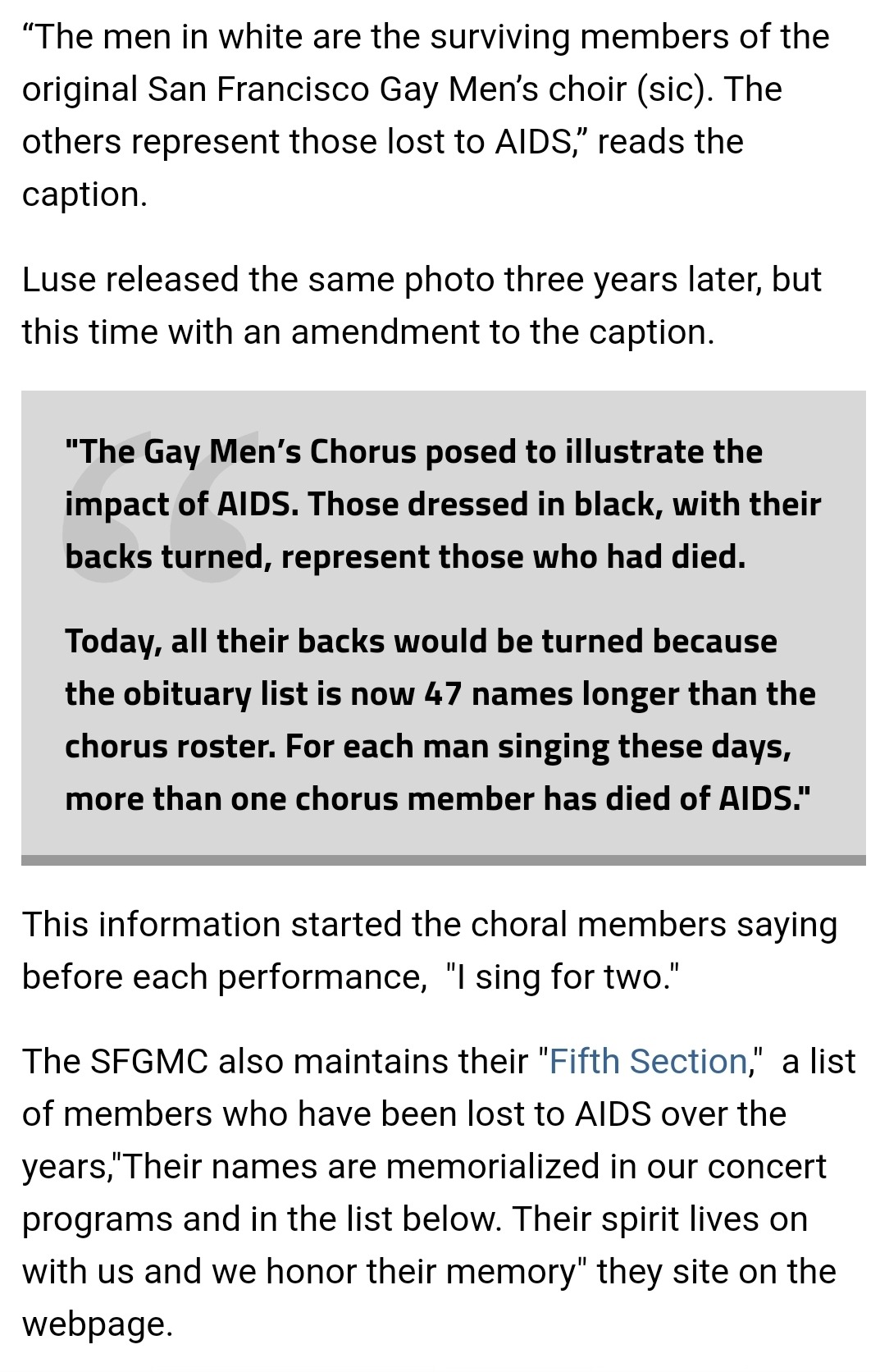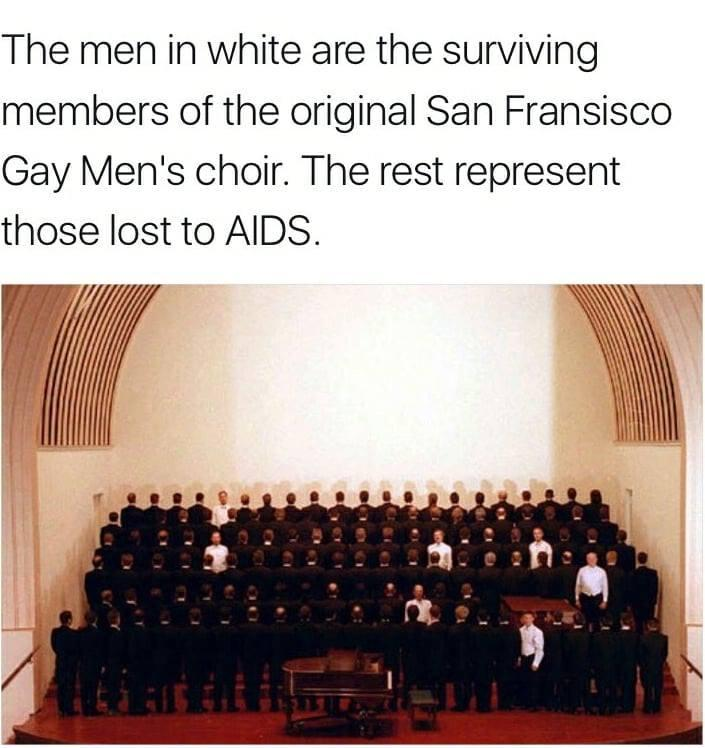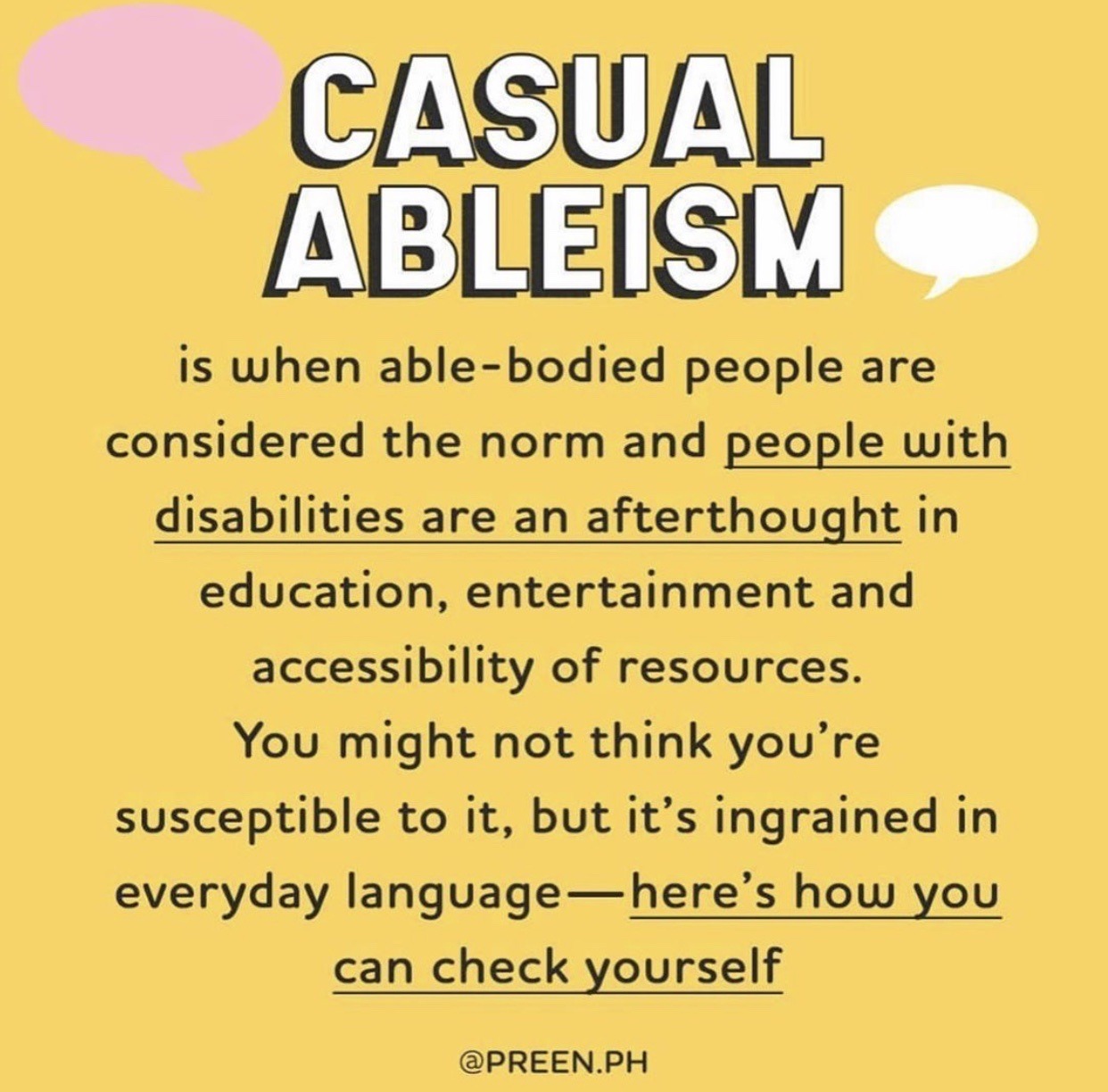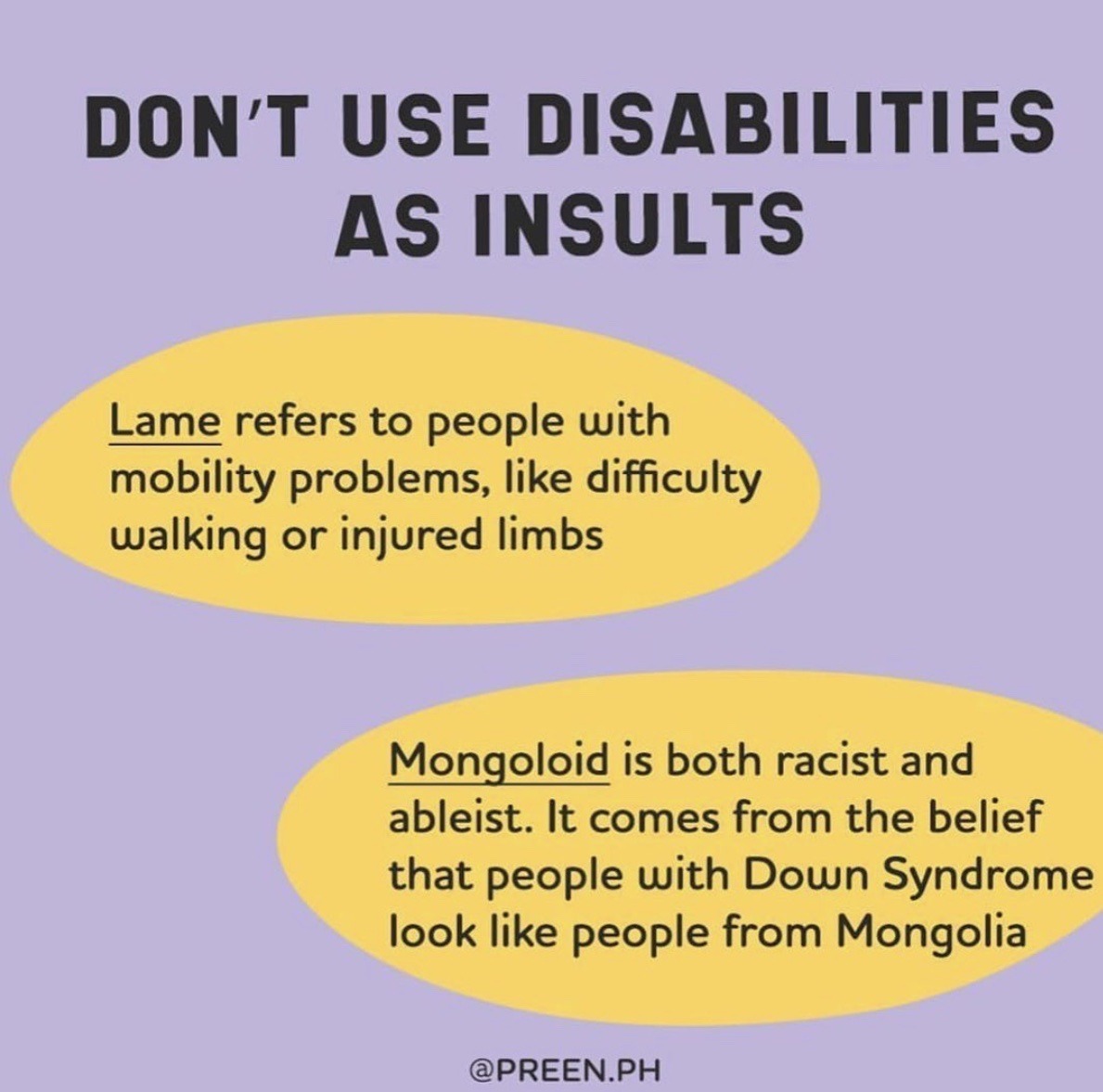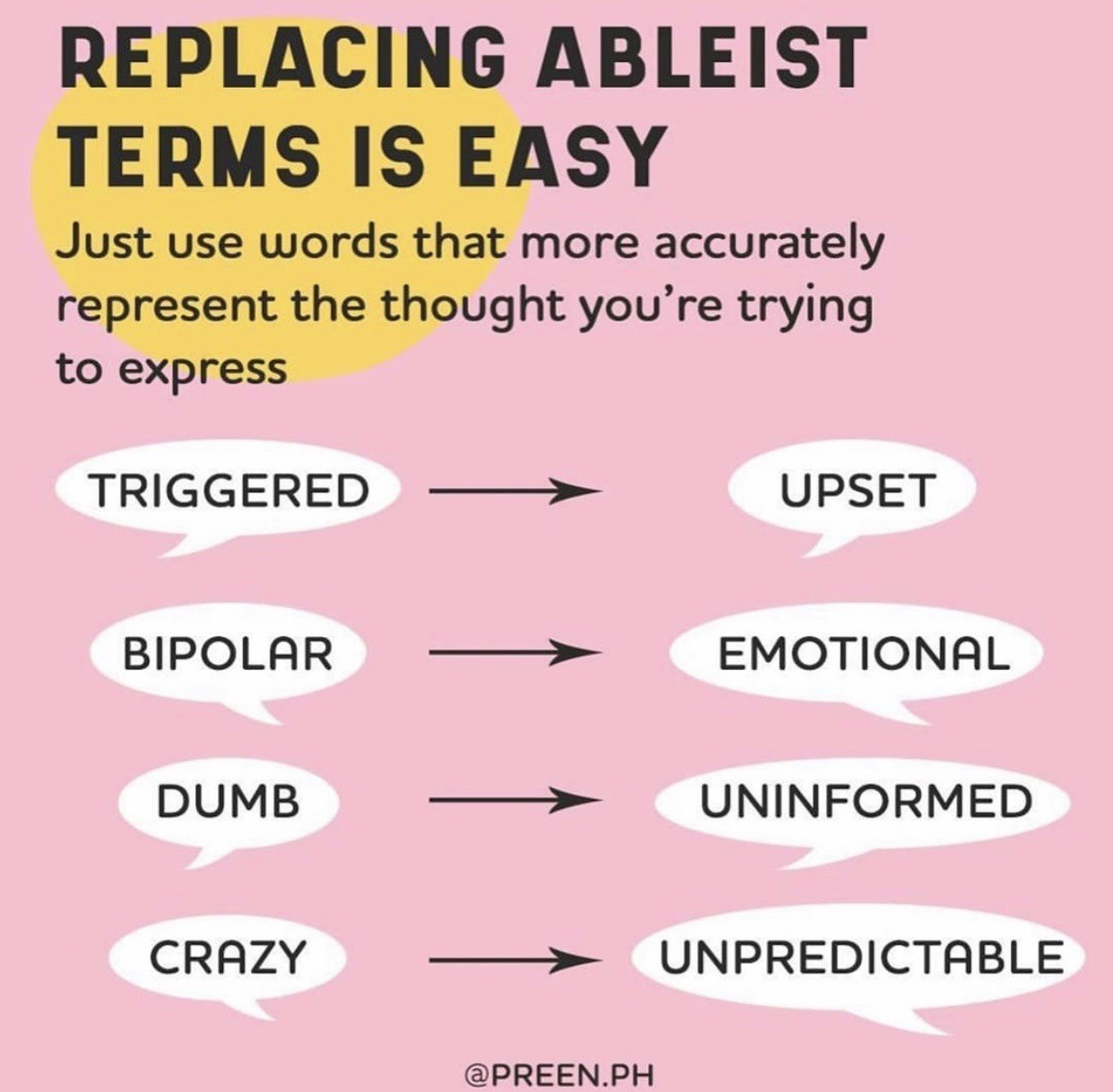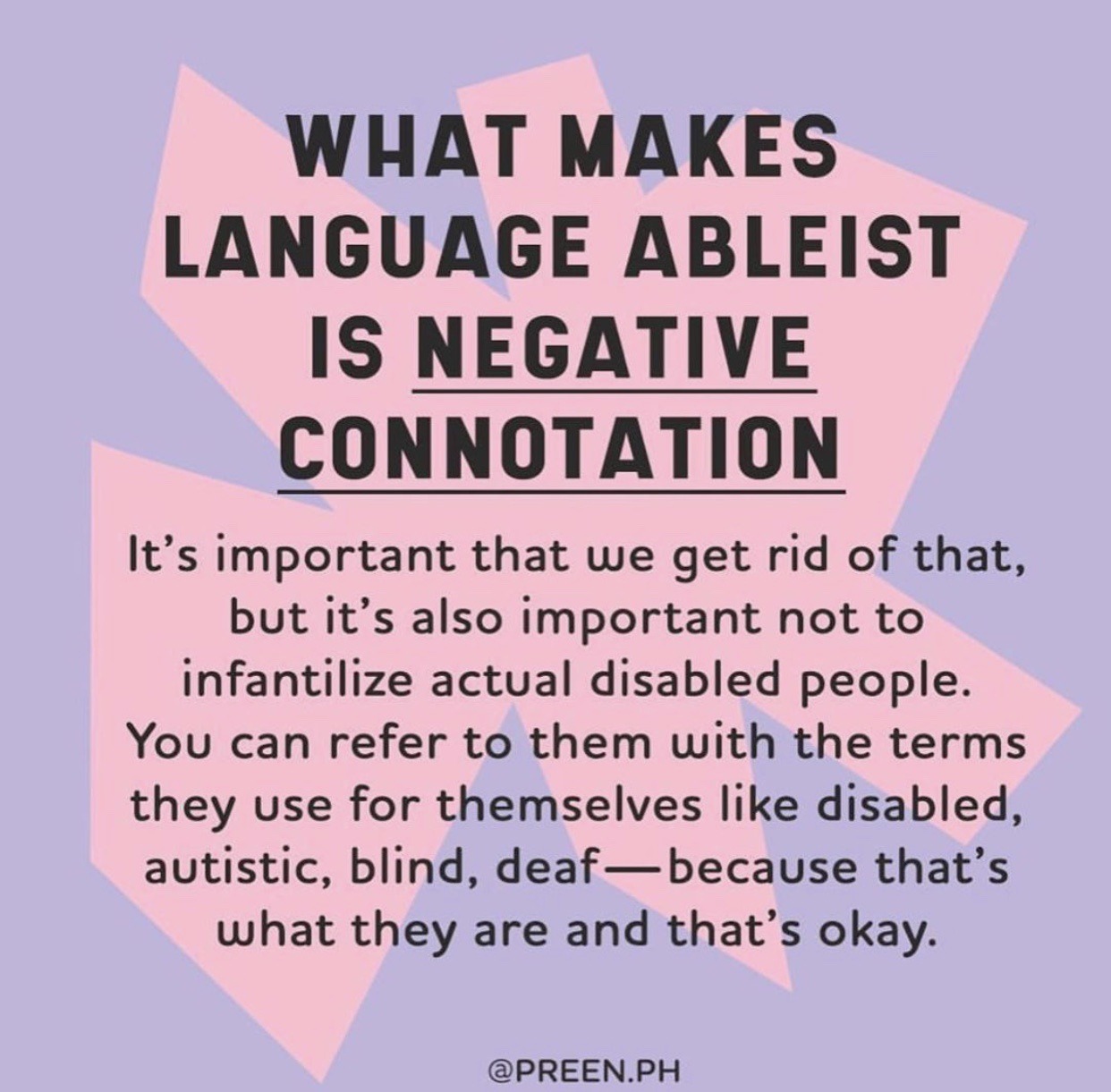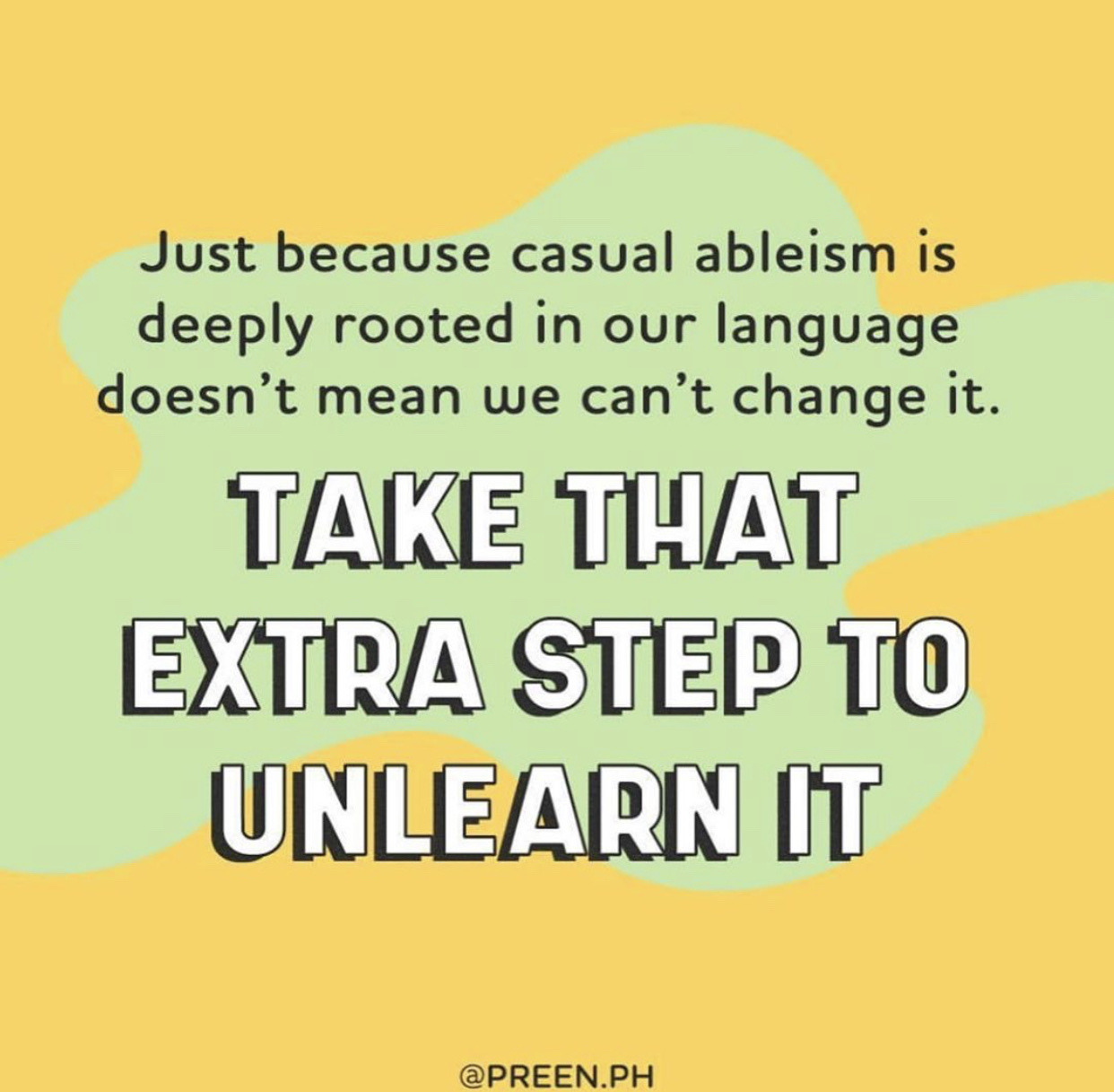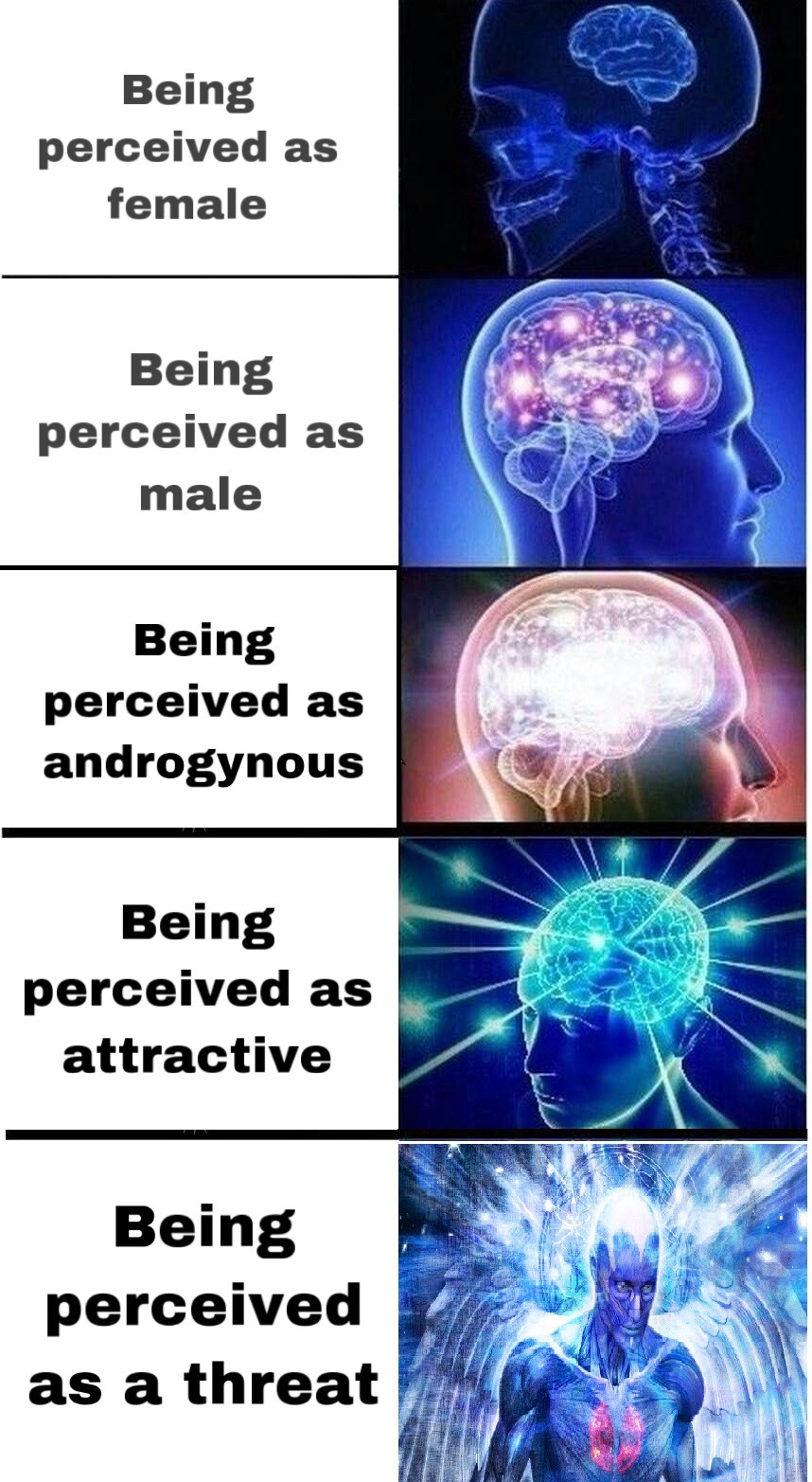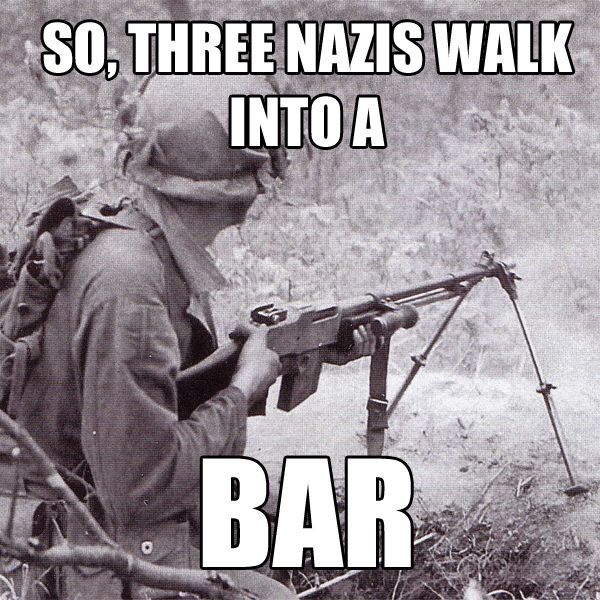Oh heck yeah.
When an epidemic happens, public health agencies spend millions of dollars trying to understand what happens: Why are people sick or dying? What caused it? Who else is at risk? Government health departments like the Centres for Disease control and private companies both invest hundreds of millions of dollars into preserving public health. This happened in 1977, when military veterans who all attended the same gathering began to get sick with a strange type of pneumonia, with 182 cases and 29 dead, and the CDC traced the illness to a bacterium distributed by the air conditioning system of a hotel they all stayed at, and in 1982, when seven people died of tainted Tylenol, and pharmaceutical companies changed the entire way their products were made and packaged to prevent more deaths.
Meanwhile, the AIDS epidemic took six years to be recognized by the CDC (1975-1981) because at first the only people dying were intravenous drug users, which is to say, heroin addicts; when it was recognized, President Reagan’s government pressured the CDC to spend as little time and money on AIDS as possible, because they literally didn’t think gay lives were important. So yes, hospitals refused to treat them and medical staff treated them as disgusting people who deserved to die, but also, there was very little funding for scientists to understand what this disease was, what caused it, where it came from, how it spread, or how to stop it. The LGBTQ+ community had to organize and fight to get hospitals to treat them, to fund scientific research, to be legally allowed to buy the drugs that kept them alive, and to have access to treatment. An effective treatment for AIDS wasn’t found until 1995.
And it’s ongoing; a lot of the difficulty of fighting AIDS in Africa is that it’s seen as “the gay disease” (and thanks to European colonialism, even African societies that used to be okay with us were taught to think LGBTQ+ people are bad). Even now that we have medications that can treat or prevent AIDS, they’re incredibly expensive and hard to get; in 2015, New York businessman Martin Shkreli acquired the exclusive right to make a drug that treats an AIDS-related disease, and raised its price from $13.50 a pill to $750 a pill.
Here’s one history on what it was like to have and fight AIDS, one history on how politicians responded to the epidemic, and if you can get a copy of the documentary How to Survive a Plague, it’s a good introduction, because it’s about how AIDS patients had to fight for their lives. A lot of these histories are imperfect and incomplete, because privilege played a big part in whose lives and deaths were seen as important–Poor people, people of colour, trans people, and drug addicts were less likely to be able to afford or access medical care, and more likely to die without being remembered; histories often tend to focus on straight people who got AIDS through no fault of their own, and then white cis gay men who seem more “respectable” and “relatable”.
I mean, people who will talk about how homophobia led to neglect of AIDS still find ways not to mention that AIDS isn’t just sexually transmitted; it’s hugely a disease of drug addicts, because sharing needles is a huge way the disease spreads. But because society always thinks, oh, drug addicts are bad and disgusting people and of course criminals, that often gets neatly dropped from the histories, and it’s still hard to get people to agree to things that keep drug addicts alive, like needle exchanges and supervised injection sites. But if you want my rant about how the war on drugs is bullshit used to control poor people and people of colour, and drugs shouldn’t be criminalized, you’ll have to ask for that separately.





